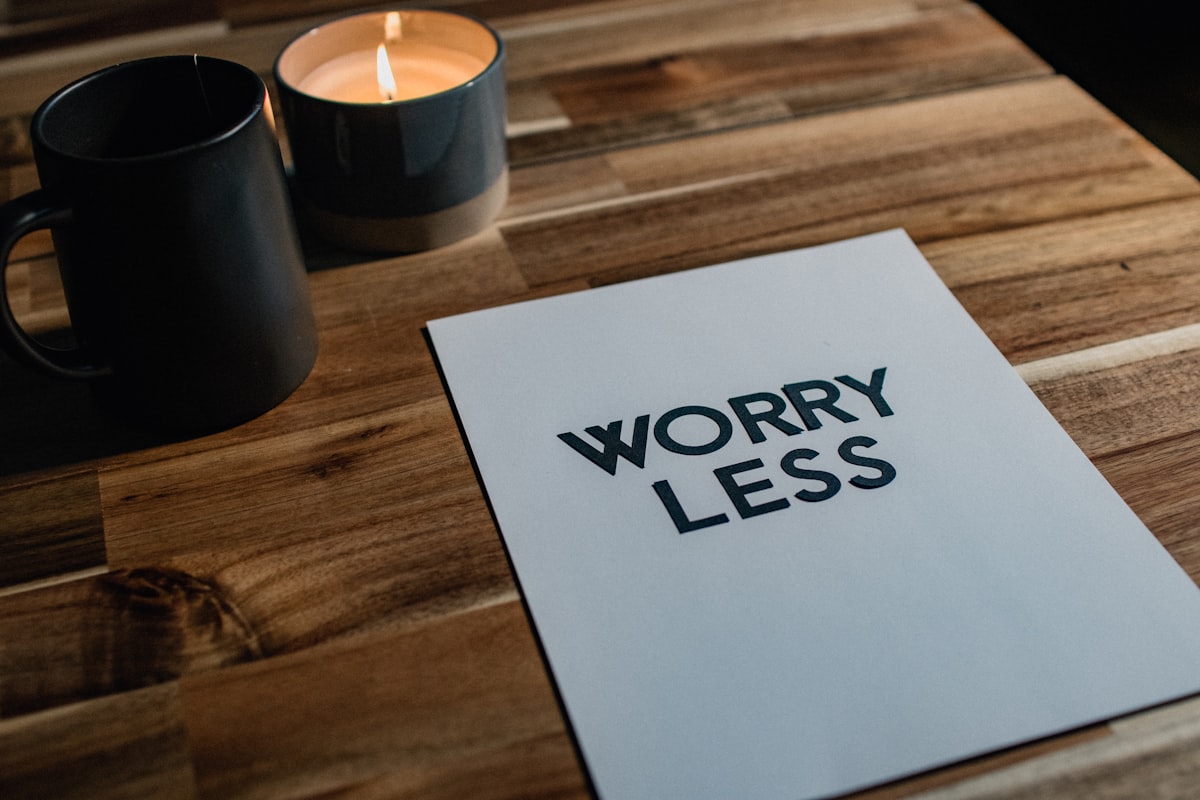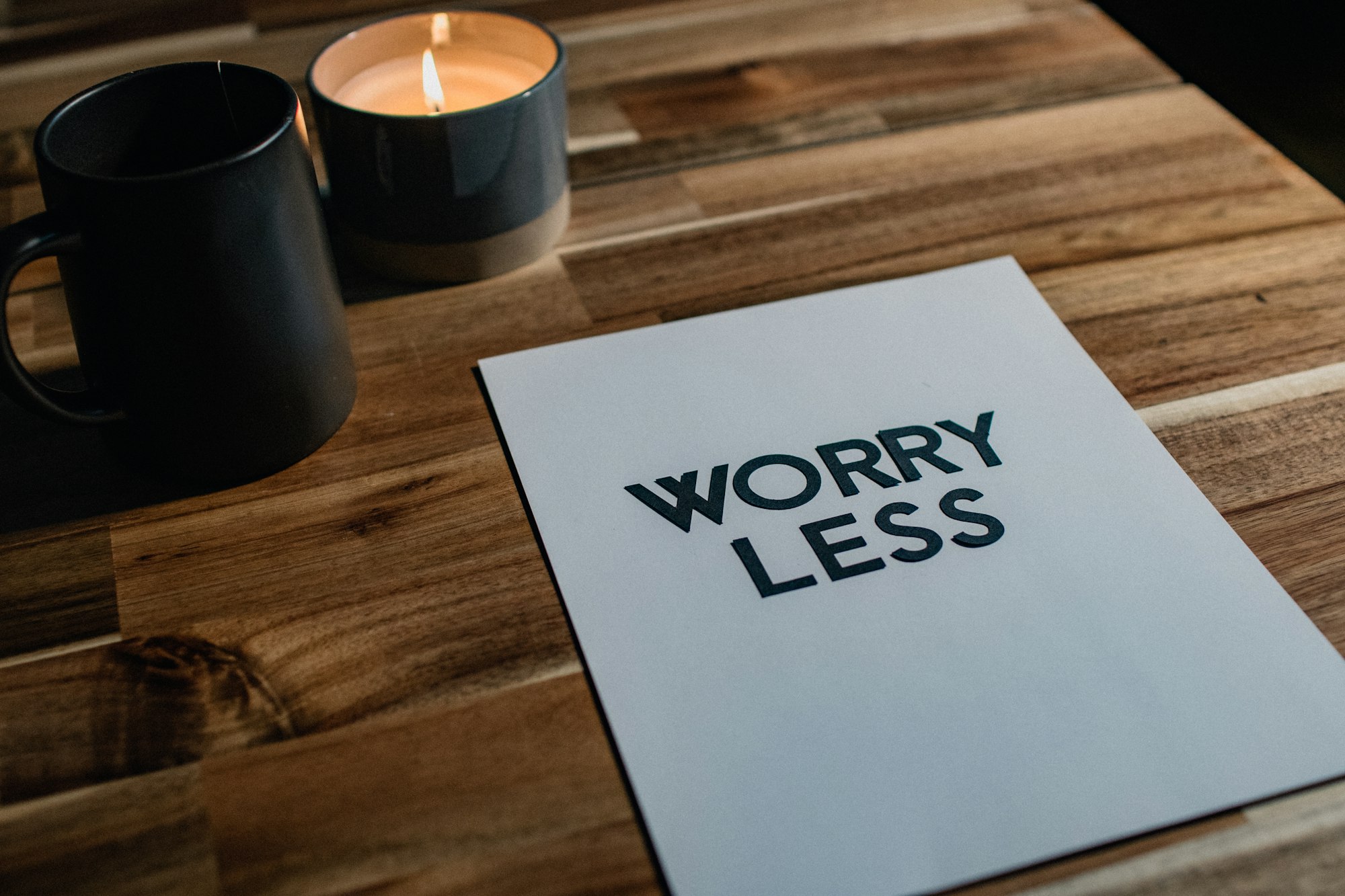Content Summary
Anxiety has become increasingly prevalent in our fast-paced and demanding modern lives. It affects millions of people worldwide, impacting their mental and physical well-being. While there are various causes of anxiety, including genetic factors, life experiences, and environmental triggers, the good news is that there are effective strategies to prevent and manage anxiety.
This article will explain some of the causes of anxiety, explore prevention methods, and provide insights into incorporating healthy foods, supplements, and lifestyle choices that can help alleviate anxiety symptoms.
Causes of Anxiety
Genetic Predisposition: Research suggests that individuals with a family history of anxiety disorders may be more prone to developing anxiety themselves. Genetic factors can contribute to an increased sensitivity to stress and anxiety-inducing stimuli.
Environmental Factors: Traumatic experiences, such as abuse, accidents, or the loss of a loved one, can trigger anxiety disorders. Ongoing stress from work, relationships, financial issues, or major life transitions can contribute to the development of anxiety.
Brain Chemistry Imbalance: Neurotransmitters like serotonin, dopamine, and norepinephrine play a crucial role in regulating mood and anxiety. Imbalances in these neurotransmitters can lead to heightened anxiety levels.
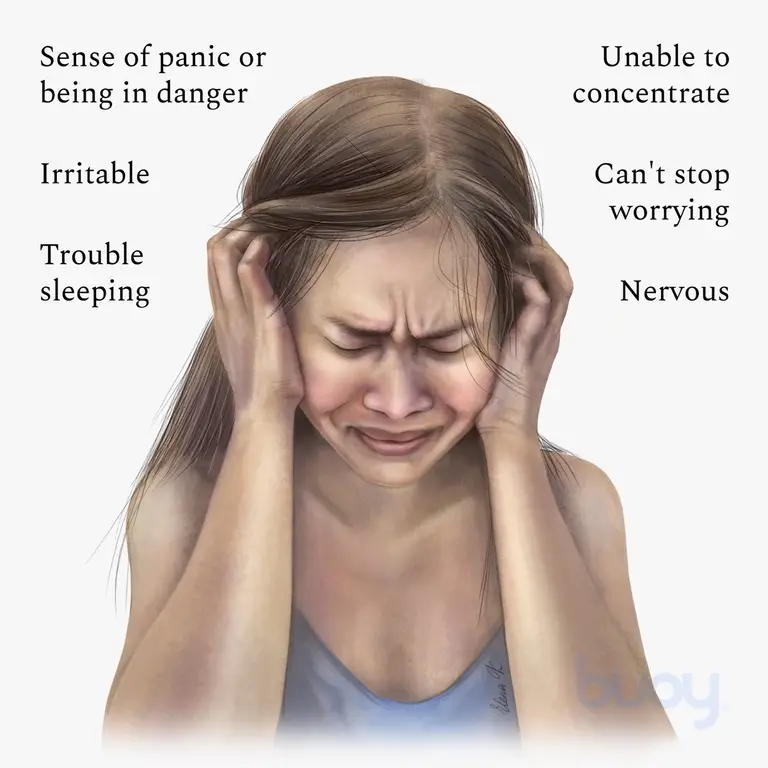
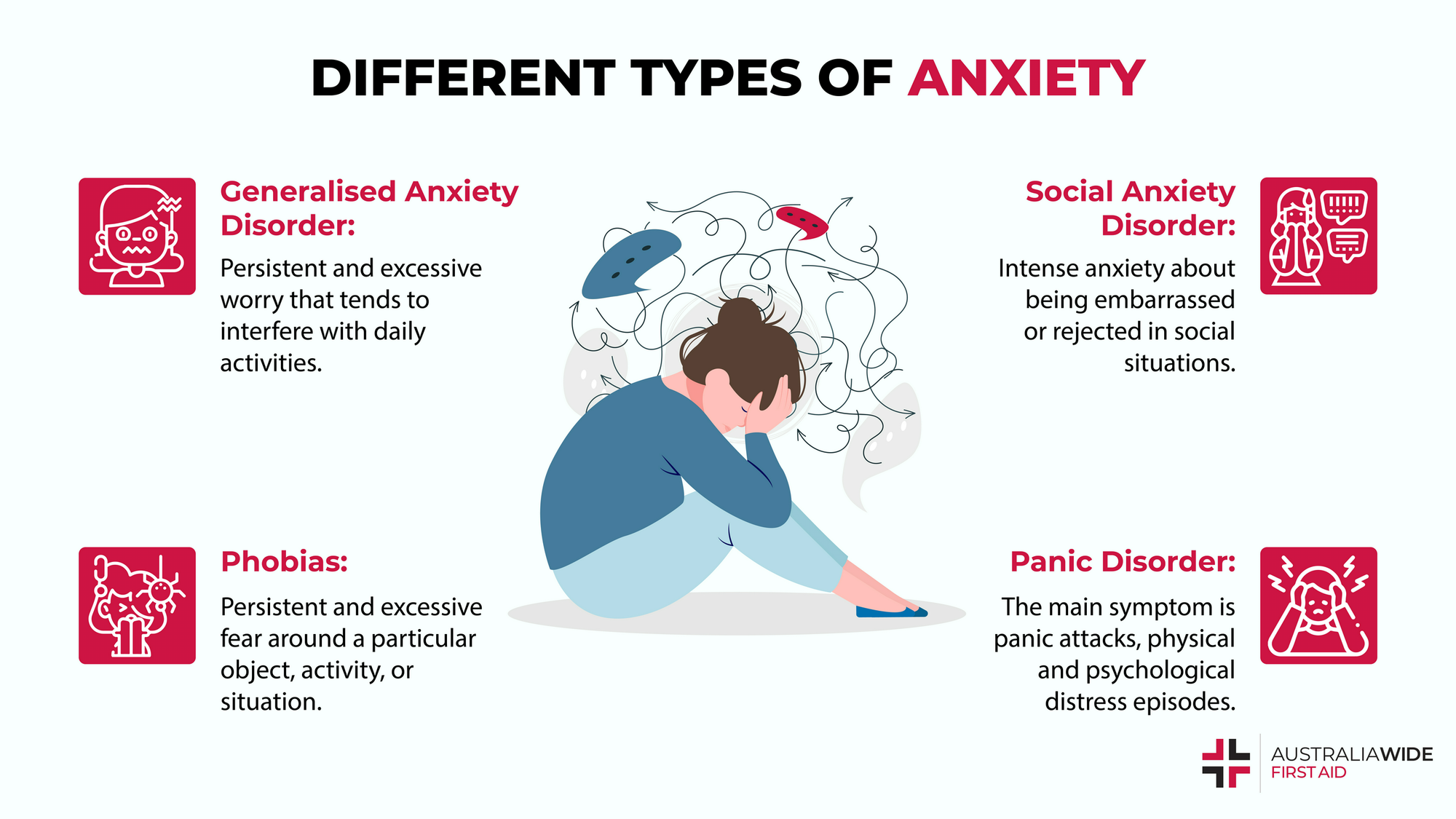
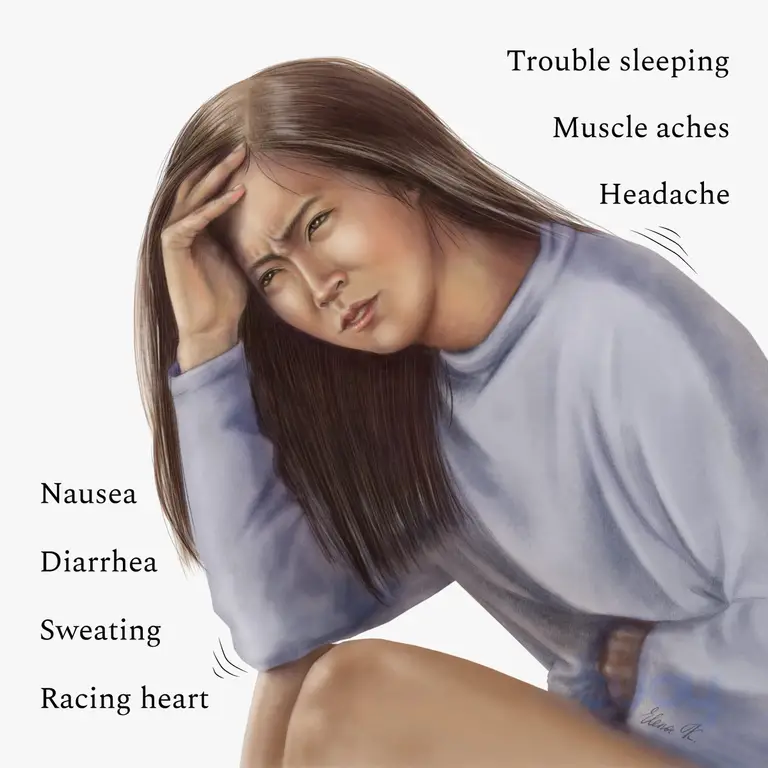
Prevention and Management
Cognitive Behavioral Therapy (CBT): CBT is a widely recognized and effective therapy for anxiety disorders. It focuses on identifying and modifying negative thought patterns and behaviors associated with anxiety. CBT equips individuals with coping mechanisms to challenge and overcome anxious thoughts.
Regular Exercise: Physical activity has been shown to reduce anxiety symptoms by releasing endorphins, which are natural mood enhancers. Engaging in activities like walking, jogging, yoga, or dancing can help alleviate anxiety and promote overall well-being.
Stress Management Techniques: Learning stress management techniques, such as deep breathing exercises, meditation, mindfulness, and progressive muscle relaxation, can effectively lower anxiety levels. These practices help promote a sense of calm and restore balance in the body and mind.
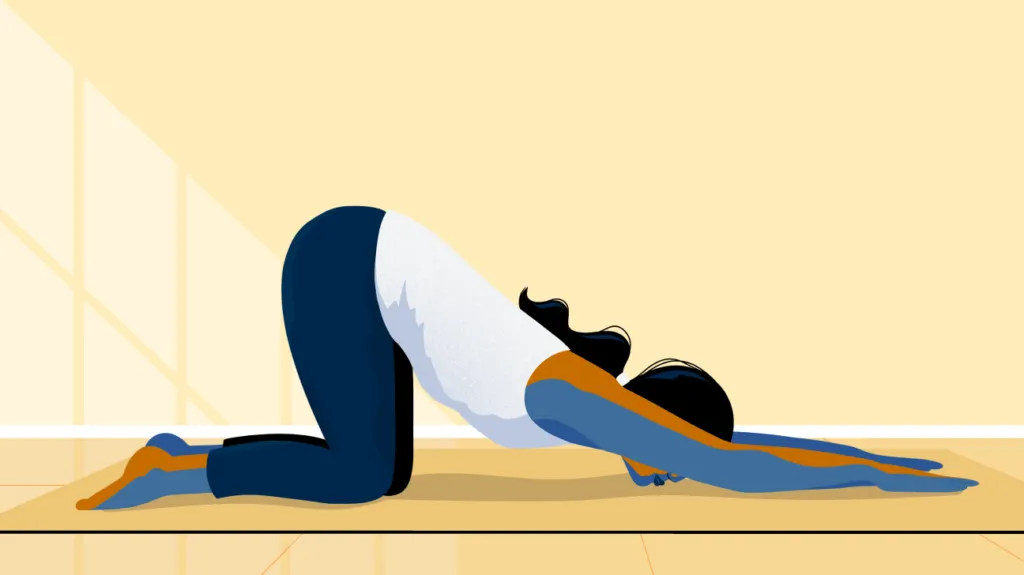
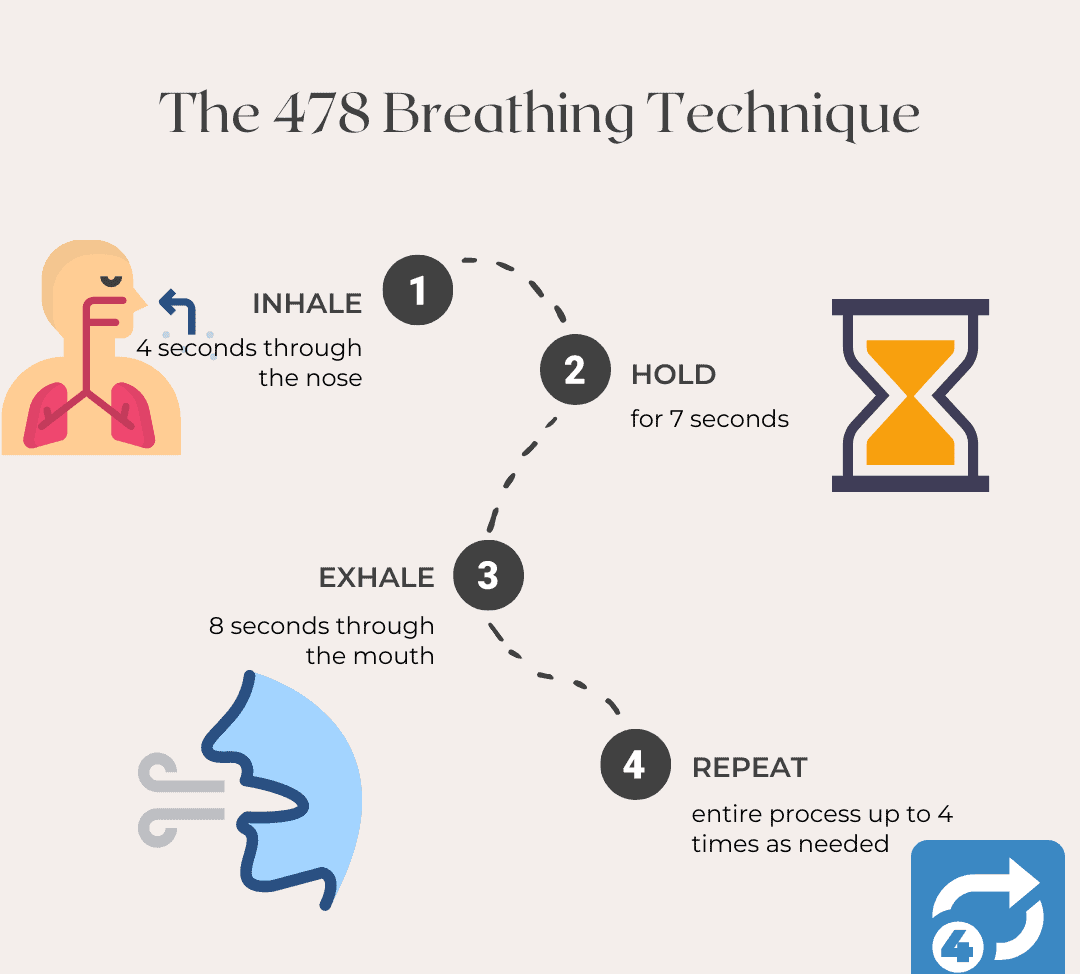
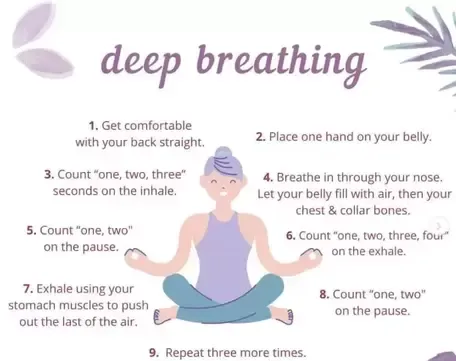
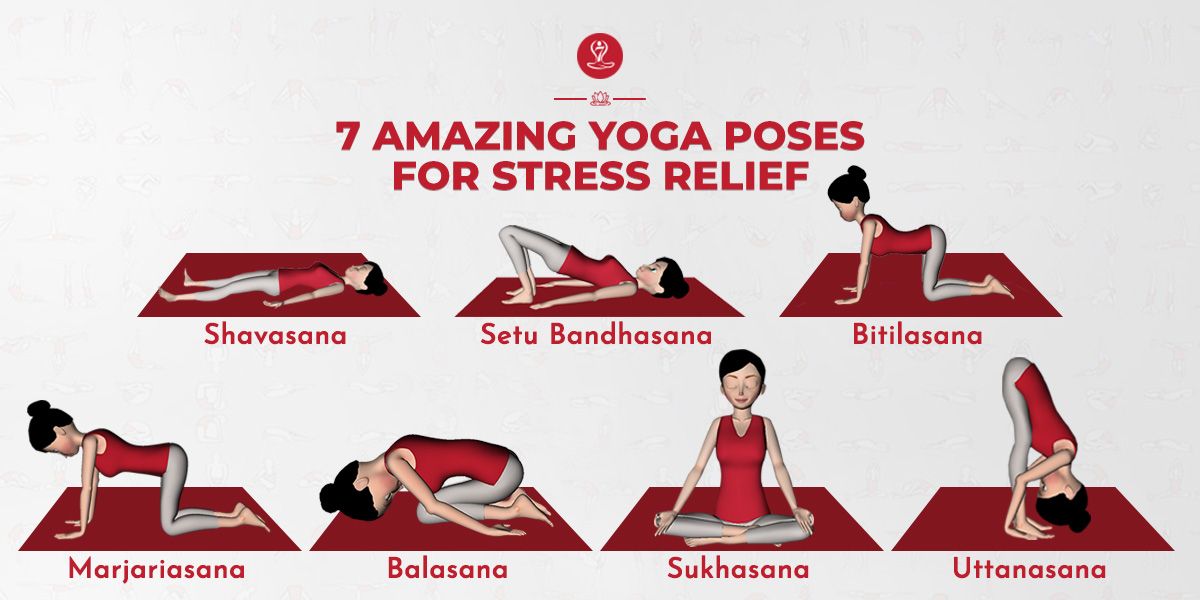
Healthy Foods and Supplements
Balanced Diet: Consuming a nutritious, well-rounded diet is essential for overall mental health. Include whole grains, lean proteins, fruits, vegetables, and healthy fats in your meals. Avoid or minimize processed foods, refined sugars, and excessive caffeine, as they can exacerbate anxiety symptoms.
Omega-3 Fatty Acids: Found in fatty fish (salmon, mackerel), flaxseeds, chia seeds, and walnuts, omega-3 fatty acids have been shown to reduce anxiety. Consider incorporating these foods into your diet or discuss omega-3 supplements with your healthcare provider.
Herbal Supplements: Certain herbs, such as chamomile, lavender, valerian root, and passionflower, have natural calming properties. They can be consumed as teas, supplements, or incorporated into aromatherapy practices. Consult a healthcare professional before introducing any new supplements into your routine.

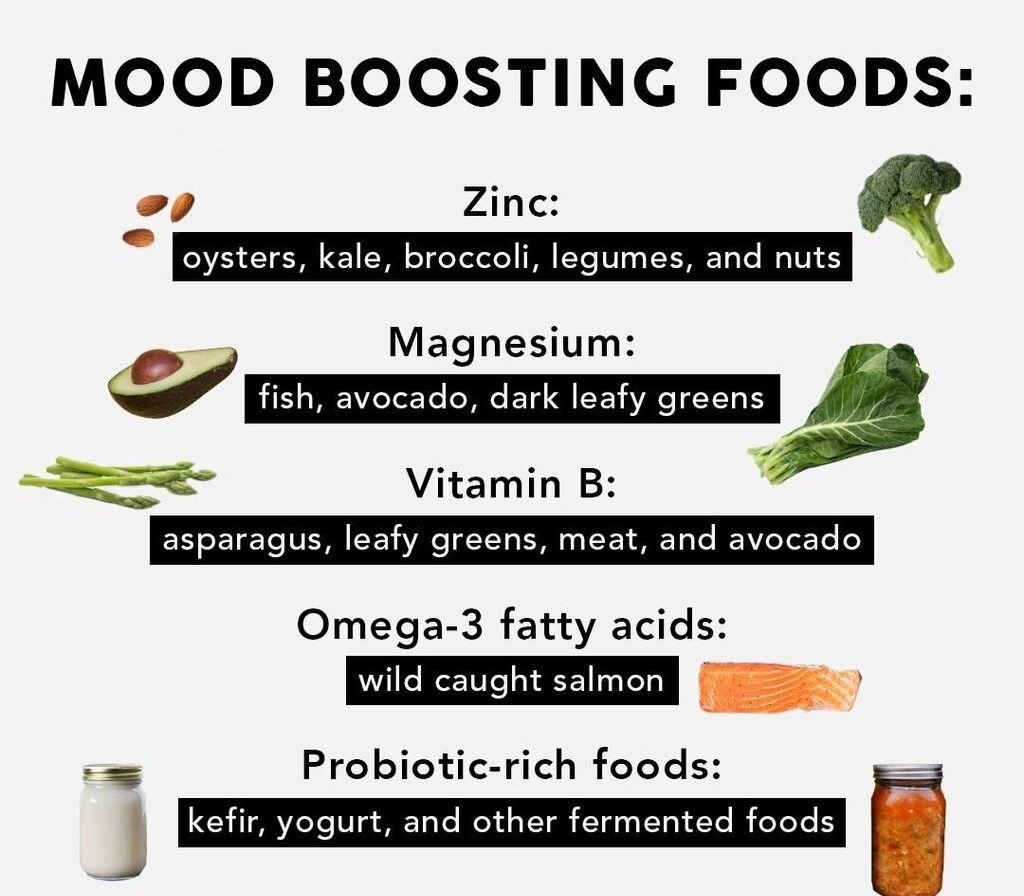
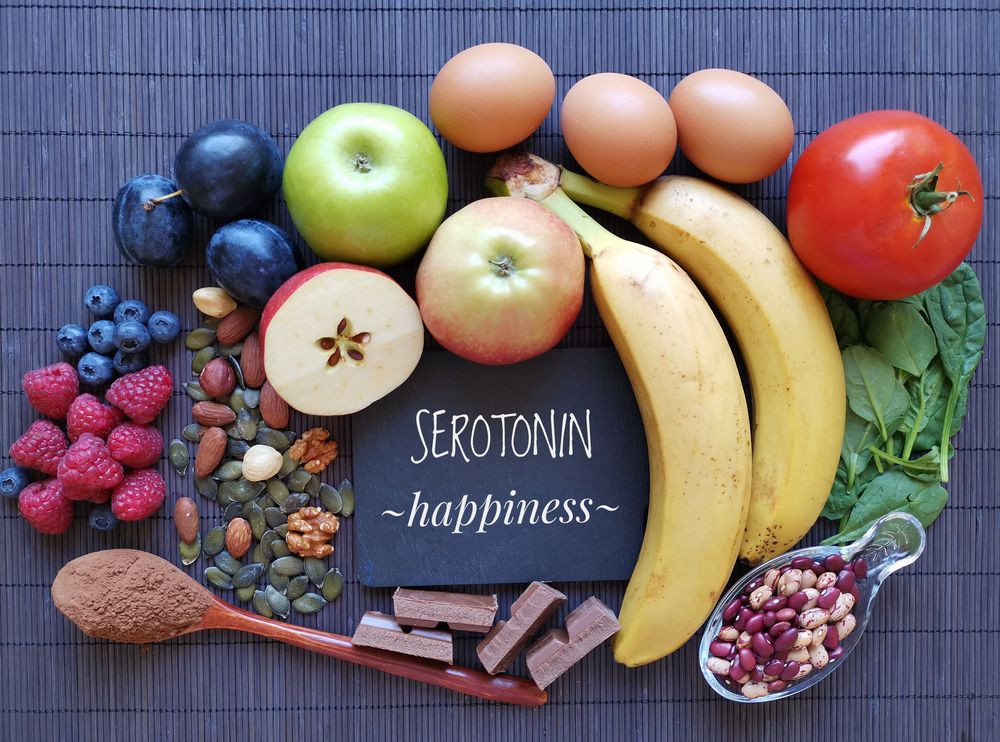
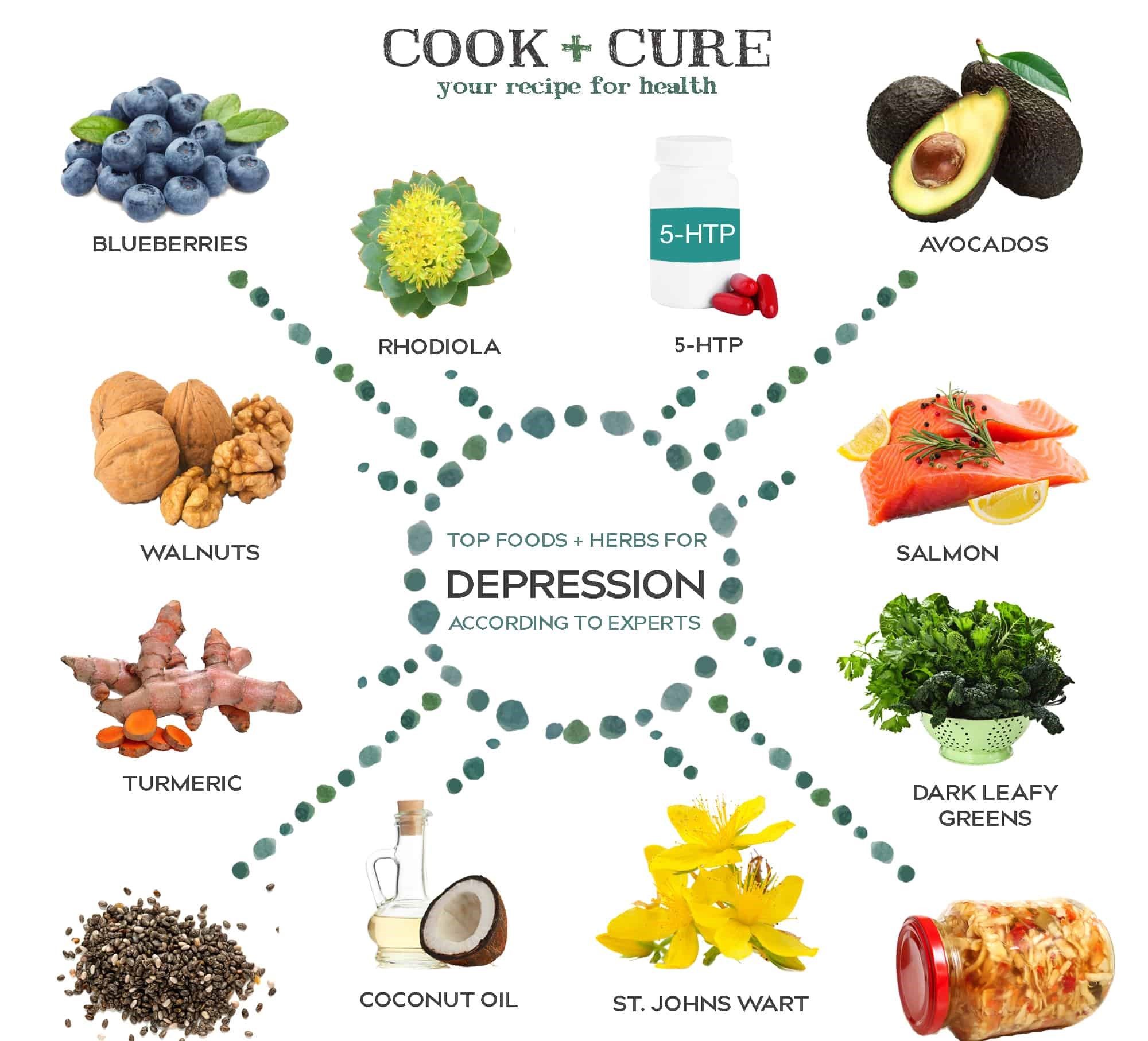
Lifestyle Choices
Prioritize Self-Care: Engage in activities that bring you joy and relaxation, such as reading, hobbies, spending time with loved ones, or taking a warm bath. Setting aside time for self-care helps reduce stress and fosters emotional well-being.
Adequate Sleep: Sleep deprivation can exacerbate anxiety symptoms. Establish a consistent sleep routine, ensure a comfortable sleep environment, and prioritize getting 7-9 hours of quality sleep each night.
Social Support: Building a strong support system of friends, and family, or joining support groups can provide a sense of belonging and alleviate feelings of isolation. Sharing experiences and seeking support from others who understand can be incredibly beneficial.
Most FAQs about Anxiety?
What is Anxiety?
Anxiety is a normal and often temporary emotional response characterized by feelings of worry, fear, unease, or apprehension. It is a natural reaction to stress and can serve as a protective mechanism, preparing individuals to deal with challenging or threatening situations. However, when anxiety becomes persistent, excessive, and interferes with daily life, it may be indicative of an anxiety disorder.
What is Anxiety Disorder?
Anxiety disorders encompass a range of conditions, including generalized anxiety disorder (GAD), panic disorder, social anxiety disorder (SAD), specific phobias, and others. These disorders involve heightened and prolonged periods of anxiety that can impact an individual's thoughts, emotions, physical sensations, and behaviors.
Symptoms of anxiety can vary but may include:
Psychological Symptoms: Persistent worry or racing thoughts, Irritability or restlessness, Difficulty concentrating or focusing, Fear of losing control or going crazy, Anticipating the worst outcomes.
Emotional Symptoms: Feelings of unease, tension, or dread, Fear or panic, Increased sensitivity to stress, Feeling on edge or constantly alert, Avoidance of situations that trigger anxiety
Physical Symptoms: Rapid heartbeat or palpitations, Shortness of breath or hyperventilation, Muscle tension or aches, Sweating or trembling, Gastrointestinal issues, such as stomachaches or nausea
It is important to note that anxiety disorders are distinct from normal, occasional feelings of anxiety. When anxiety starts to significantly impair daily functioning, disrupt relationships, or cause distress, seeking professional help is recommended.
Treatment for anxiety disorders often involves a combination of therapy, medication, and lifestyle modifications. Therapy, such as cognitive-behavioral therapy (CBT), can help individuals identify and change negative thought patterns and behaviors associated with anxiety.
Medications, such as selective serotonin reuptake inhibitors (SSRIs) or benzodiazepines, may be prescribed by healthcare professionals in certain cases.
Incorporating stress management techniques, regular exercise, and healthy lifestyle choices can aid in managing anxiety symptoms and promoting overall well-being.
If you or someone you know is experiencing persistent and distressing anxiety symptoms, it is advisable to consult with a healthcare professional for an accurate diagnosis and appropriate treatment plan.
How to Deal with Anxiety?
Dealing with anxiety can be a challenging process, but there are effective strategies that can help you manage and reduce anxiety symptoms. Here are some techniques and practices to consider:
Recognize and Accept Your Anxiety: Acknowledge that anxiety is a normal response and that it does not define you. Understand that you have the power to manage it and that it doesn't have to control your life.
Practice Deep Breathing and Relaxation Techniques: Deep breathing exercises can help activate the body's relaxation response. Practice diaphragmatic breathing by inhaling deeply through your nose, holding for a few seconds, and exhaling slowly through your mouth. Explore other relaxation techniques such as progressive muscle relaxation, meditation, or guided imagery.
Challenge Negative Thoughts: Anxiety often stems from negative or distorted thinking patterns. Challenge and reframe negative thoughts by questioning their validity. Replace irrational or negative thoughts with more realistic and positive ones. Cognitive-behavioral therapy (CBT) techniques can be helpful in identifying and modifying these thought patterns.
Engage in Regular Physical Exercise: Exercise is known to have a positive impact on mental well-being. Engaging in regular physical activity can help reduce anxiety levels, release endorphins (natural mood enhancers), and promote overall relaxation. Find activities you enjoy, such as walking, running, dancing, or yoga, and make them a part of your routine.
Establish a Healthy Sleep Routine: Lack of sleep can worsen anxiety symptoms. Prioritize a consistent sleep routine by going to bed and waking up at the same time each day. Create a comfortable sleep environment, limit exposure to electronic devices before bed, and engage in relaxing activities before sleep.
Seek Support: Reach out to supportive friends, family members, or consider joining a support group. Sharing your experiences with others who understand can provide validation and a sense of community. Consider seeking professional help from a therapist or counselor who specializes in anxiety disorders.
Limit Stressors: Identify and minimize sources of stress in your life as much as possible. Prioritize tasks, set realistic goals, and learn to say no when necessary. Practice effective time management and delegate tasks when appropriate. Engaging in stress-reducing activities such as hobbies, creative outlets, or spending time in nature can also be beneficial.
Take Breaks and Practice Self-Care: Incorporate regular breaks throughout your day to relax, recharge, and engage in activities you enjoy. Practice self-care by engaging in activities that promote relaxation and self-nurturing, such as taking baths, reading, practicing mindfulness, or indulging in hobbies.
Limit Stimulants: Reduce or avoid substances that can exacerbate anxiety, such as caffeine and alcohol. These substances can increase heart rate, trigger restlessness, and worsen anxiety symptoms.
Consider Professional Help: If anxiety is significantly impacting your daily life and self-help strategies are not sufficient, consider seeking professional help. A therapist or healthcare professional can provide guidance, support, and specialized treatments tailored to your needs.
Remember that everyone's experience with anxiety is unique, so it's essential to find strategies that work best for you. Be patient with yourself and celebrate small victories along the way. With time, practice, and support, you can effectively manage anxiety and lead a fulfilling life.
How Does Anxiety Feel Like?
Anxiety can manifest differently from person to person, but it generally involves a combination of emotional, cognitive, and physical symptoms.
Here are some common experiences that people with anxiety may describe:
Emotional Symptoms: Persistent feelings of worry, fear, or apprehension, Feeling on edge, irritable, or easily agitated, Sense of impending doom or danger, Restlessness or feeling keyed up, Difficulty concentrating or focusing, Feeling overwhelmed or out of control.
Cognitive Symptoms: Racing or intrusive thoughts, Excessive worry about future events or everyday situations, Catastrophic thinking, expecting the worst-case scenarios, Difficulty making decisions or excessive indecisiveness, Self-doubt or fear of being judged by others.
Physical Symptoms: Rapid heartbeat or heart palpitations, Shortness of breath or difficulty breathing, Sweating or trembling, Upset stomach, nausea, or gastrointestinal issues, Muscle tension or aches, Headaches or migraines, Fatigue or feeling easily exhausted.
Behavioral Symptoms: Avoidance of situations or places that trigger anxiety, Difficulty sleeping or experiencing insomnia, Restlessness or pacing, Increased irritability or outbursts of anger, Compulsive behaviors or rituals aimed at reducing anxiety.
It's important to note that anxiety symptoms can range in intensity and duration. Some individuals may experience occasional anxiety in response to specific events or situations, while others may have persistent anxiety that affects their daily lives.
Anxiety disorders are diagnosed when these symptoms are chronic and severe, and interfere with one's functioning and well-being.
Do Kids Have Anxiety?
Yes, children can experience anxiety. Anxiety disorders are among the most common mental health conditions that affect children and adolescents. According to research, around 7% of children aged 3-17 years experience diagnosed anxiety disorders.
Children may experience anxiety in response to various situations and factors, including academic stress, social interactions, family dynamics, peer pressure, health concerns, or traumatic events.
It is important to note that some level of anxiety is a normal part of childhood development, as children navigate new experiences and challenges.
However, when anxiety becomes persistent, and intense, and interferes with a child's daily functioning and well-being, it may indicate an anxiety disorder.
Common types of anxiety disorders in children include:
Generalized Anxiety Disorder (GAD): Children with GAD experience excessive worry and anxiety about a variety of situations or events, often accompanied by physical symptoms such as restlessness, irritability, muscle tension, and difficulty concentrating.
Separation Anxiety Disorder: Children with separation anxiety disorder have an intense fear or distress when separated from their primary caregivers or loved ones. They may exhibit clinginess, reluctance to go to school or other places, nightmares, and physical symptoms like stomachaches or headaches.
Social Anxiety Disorder: Children with social anxiety disorder experience an intense fear of social situations, such as speaking in front of others, interacting with peers, or participating in social activities. They may avoid social situations or endure them with significant distress.
Specific Phobias: Children may develop intense fears of specific objects, animals, or situations, such as heights, animals, or medical procedures. These fears can significantly impact their daily lives and cause high levels of anxiety.
It is crucial for parents, caregivers, and educators to be aware of signs that may indicate anxiety in children, including frequent worrying, excessive reassurance-seeking, avoidance behaviors, changes in appetite or sleep patterns, irritability, difficulty concentrating, and physical complaints without a medical cause.
If you suspect that your child may be experiencing anxiety, it is recommended to consult with a healthcare professional or mental health specialist who specializes in child psychology.
Early intervention and appropriate treatment can help children manage anxiety effectively and support their healthy development and well-being.
Author's Choice of Supplements for Anxiety:
Natural Vitality Calm #1 Selling Magnesium Citrate Supplement Anti-Stress Magnesium
Introducing Natural Vitality Calm, the #1 selling magnesium citrate supplement that helps support healthy magnesium levels and promotes a calming and unique relaxing experience.

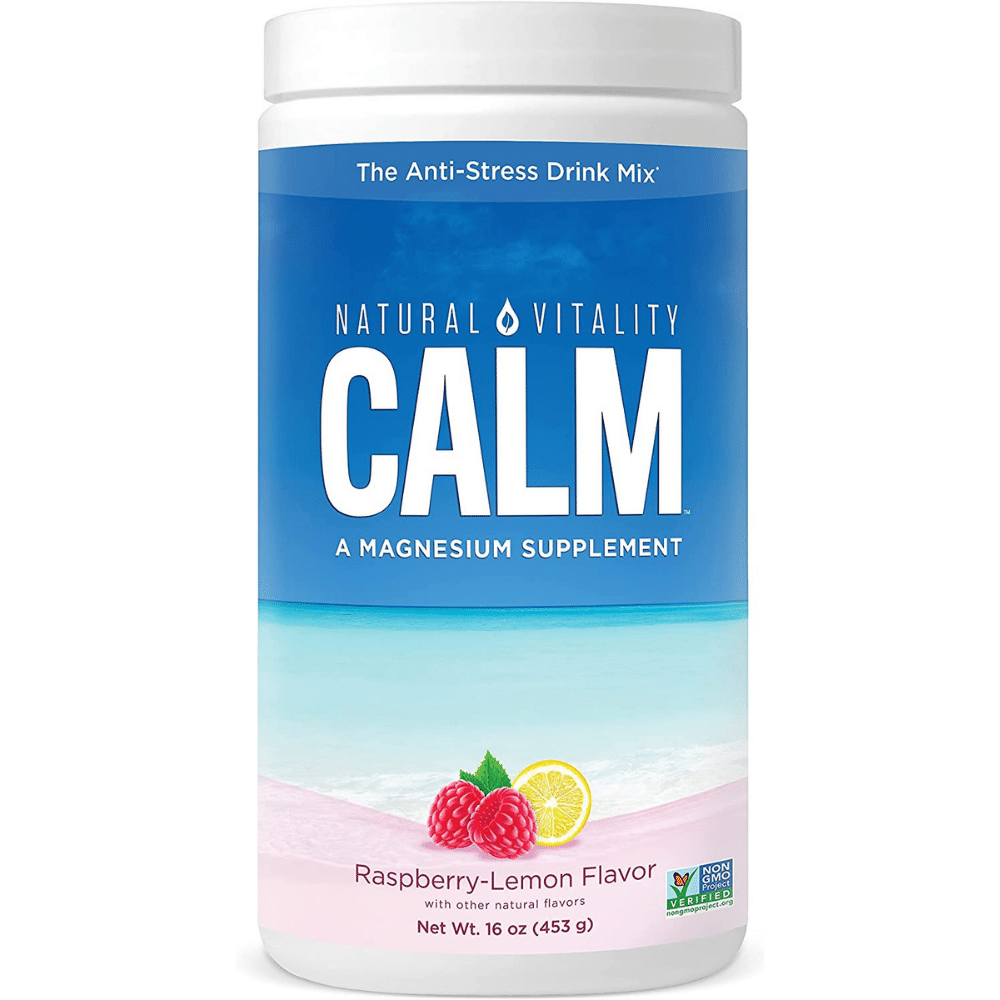
Formulated with magnesium sourced from the Pacific Ocean, Natural Vitality Calm is a vegan and gluten free anti-stress drink mix that is easy to prepare - simply add water and let it fizz, then stir until dissolved.
Start with half teaspoon (1g) daily and gradually increase to two teaspoons (4g) per day as needed. Can be taken with or without food. Experience the difference that Natural Vitality Calm can make in your life today!
Freshfield Vegan Omega 3 DHA Supplement
Vegan-friendly, mercury-free Omega 3 this powerful supplement is rich in DHA, an essential fatty acid that can help fight inflammation, support cognitive health, and promote a healthy heart. Just one capsule a day can provide all the benefits of omega-3s, without any of the fishy aftertastes.


Omega 3 fatty acids are essential for our health, but many of us do not get enough from our diets. The EPA and DHA in omega 3s are especially important for maintaining our health. They help to fight inflammation, tackle anxiety and depression, improve eye health, promote brain health, and boost heart health.
Organic Chamomile Tea Bags 100 Tea Bags Eco-Conscious Raw from Egypt
There's nothing quite like a hot cup of tea to soothe the nerves and ease the mind after a long day. This organic chamomile tea is the perfect way to relax and unwind before bed. Just one sip of this warm, aromatic beverage will help you forget all about your troubles and drift off into a peaceful slumber.


This chamomile tea is made from 100% raw, certified organic ingredients sourced from Egypt. The delicate, slightly earthy flavor is perfect for those who enjoy a more mellow cup of tea. For a truly heavenly experience, add a touch of honey and enjoy with your favorite book before bedtime.
Conclusion
Anxiety can significantly impact one's quality of life, but by understanding its causes and implementing preventive measures, you can improve your well-being. Alongside therapeutic approaches like CBT, incorporating healthy foods, and supplements, and adopting a balanced lifestyle can greatly reduce anxiety symptoms.
Remember, it's essential to consult with a healthcare professional or therapist for personalized advice and guidance tailored to your specific needs. With the right strategies in place, you can cultivate a calmer, more balanced life, promoting overall mental and emotional wellness.
Be Healthy and Happy!
Relevant Reads>>>






SMILE MORE! WORRY LESS!


